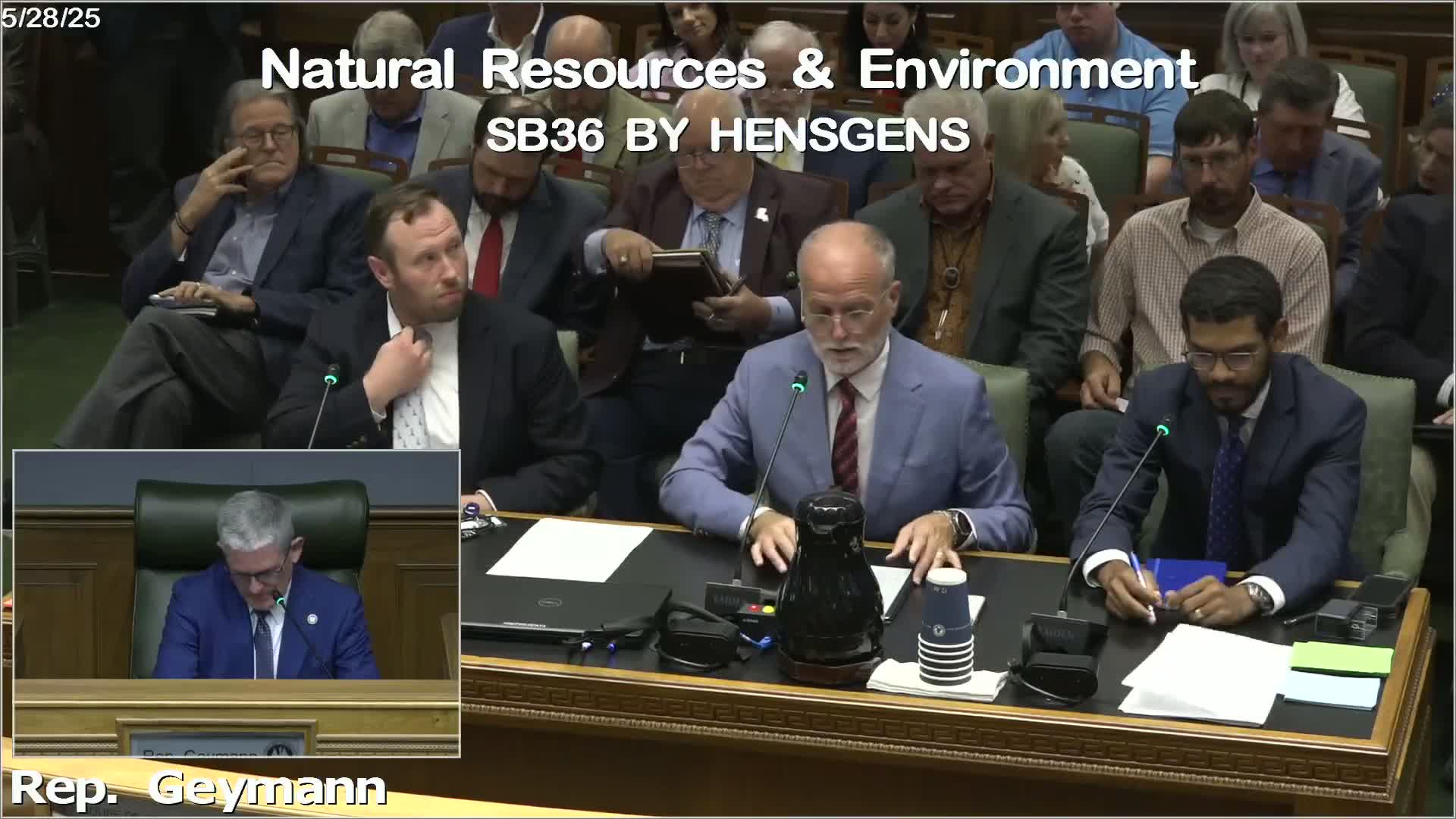Article not found
This article is no longer available. But don't worry—we've gathered other articles that discuss the same topic.
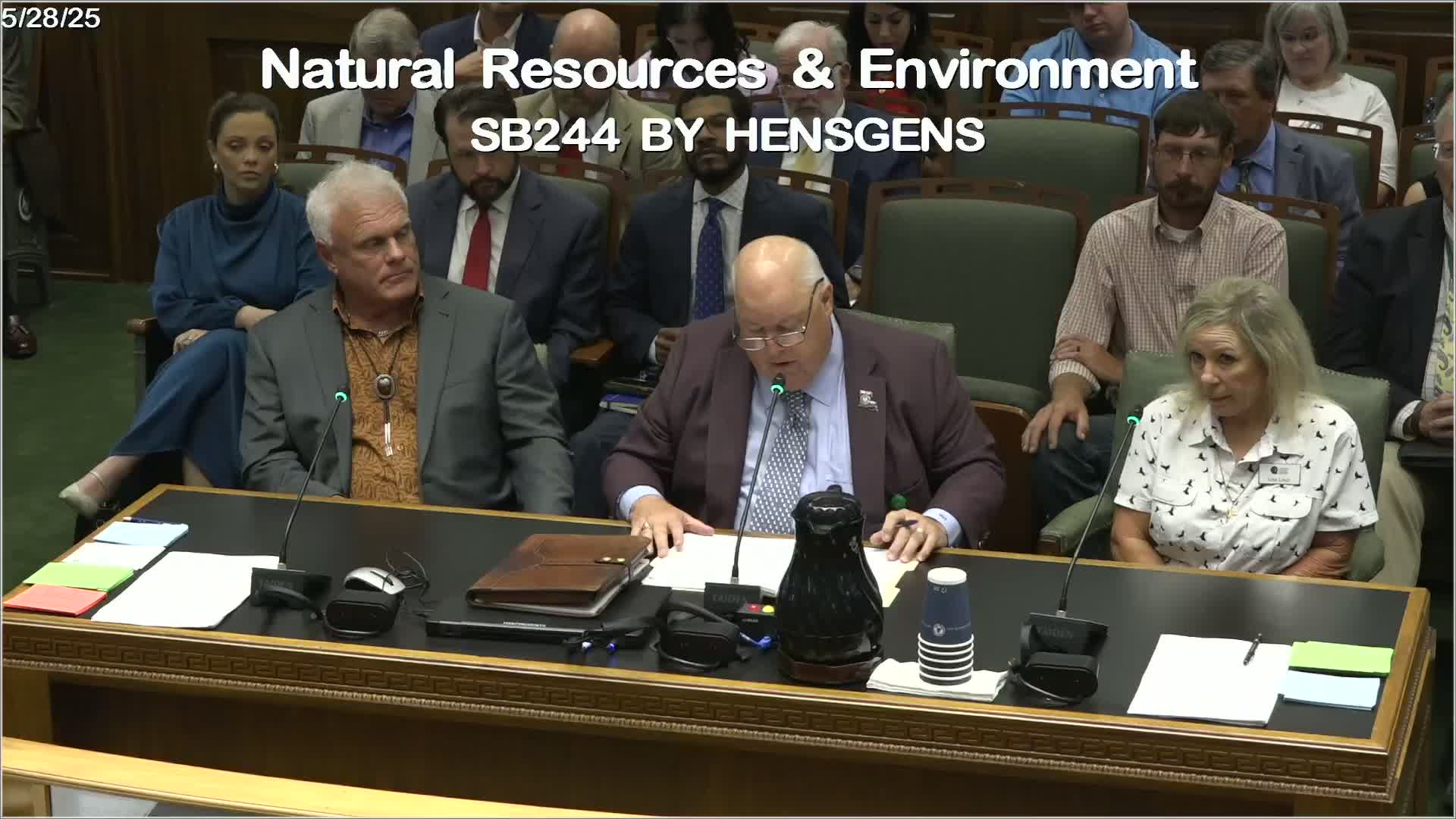
House committee delays Department reorganization bill after agriculture, groundwater concerns
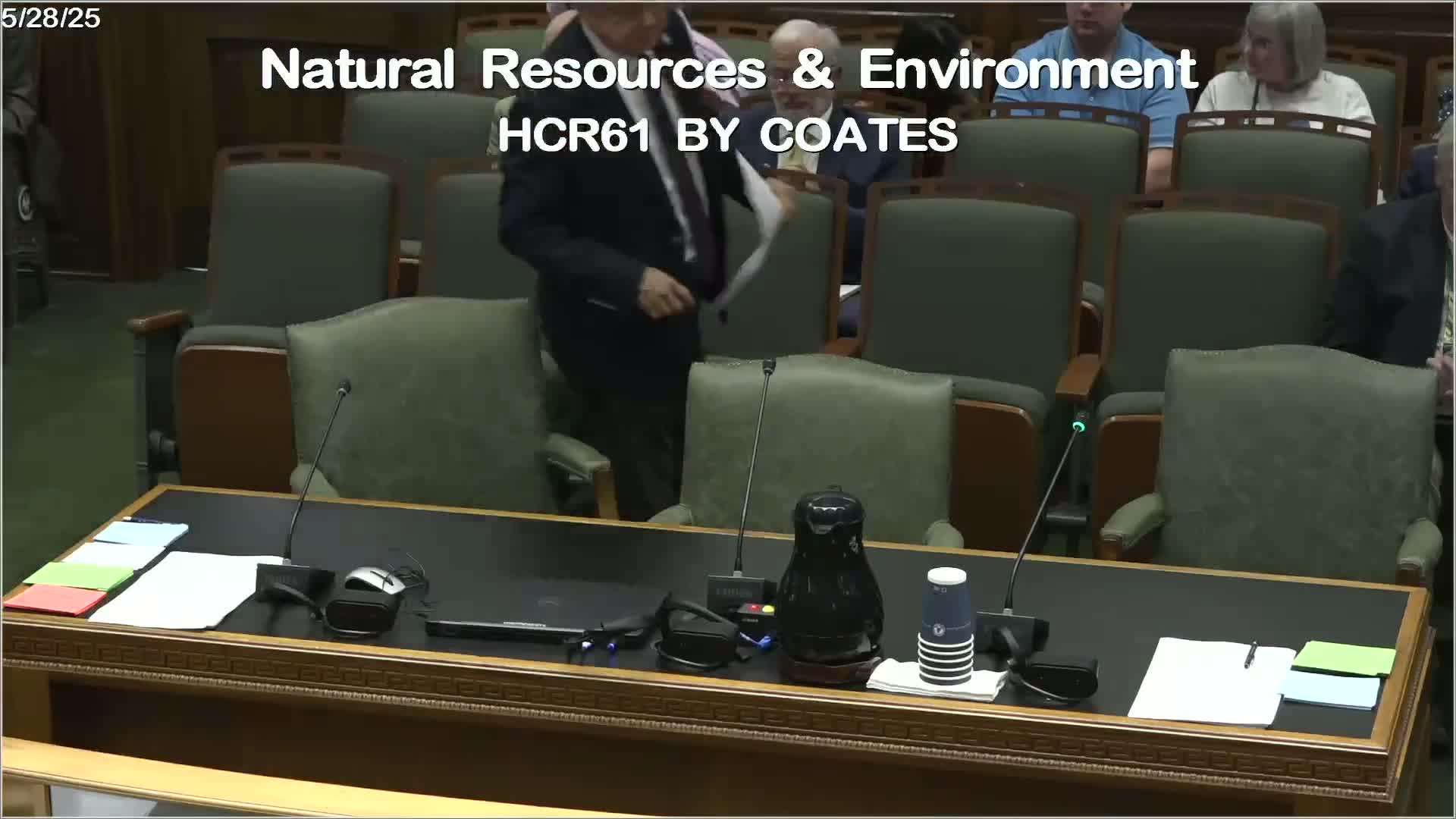
Committee reports resolution urging study of health impacts from imported shrimp
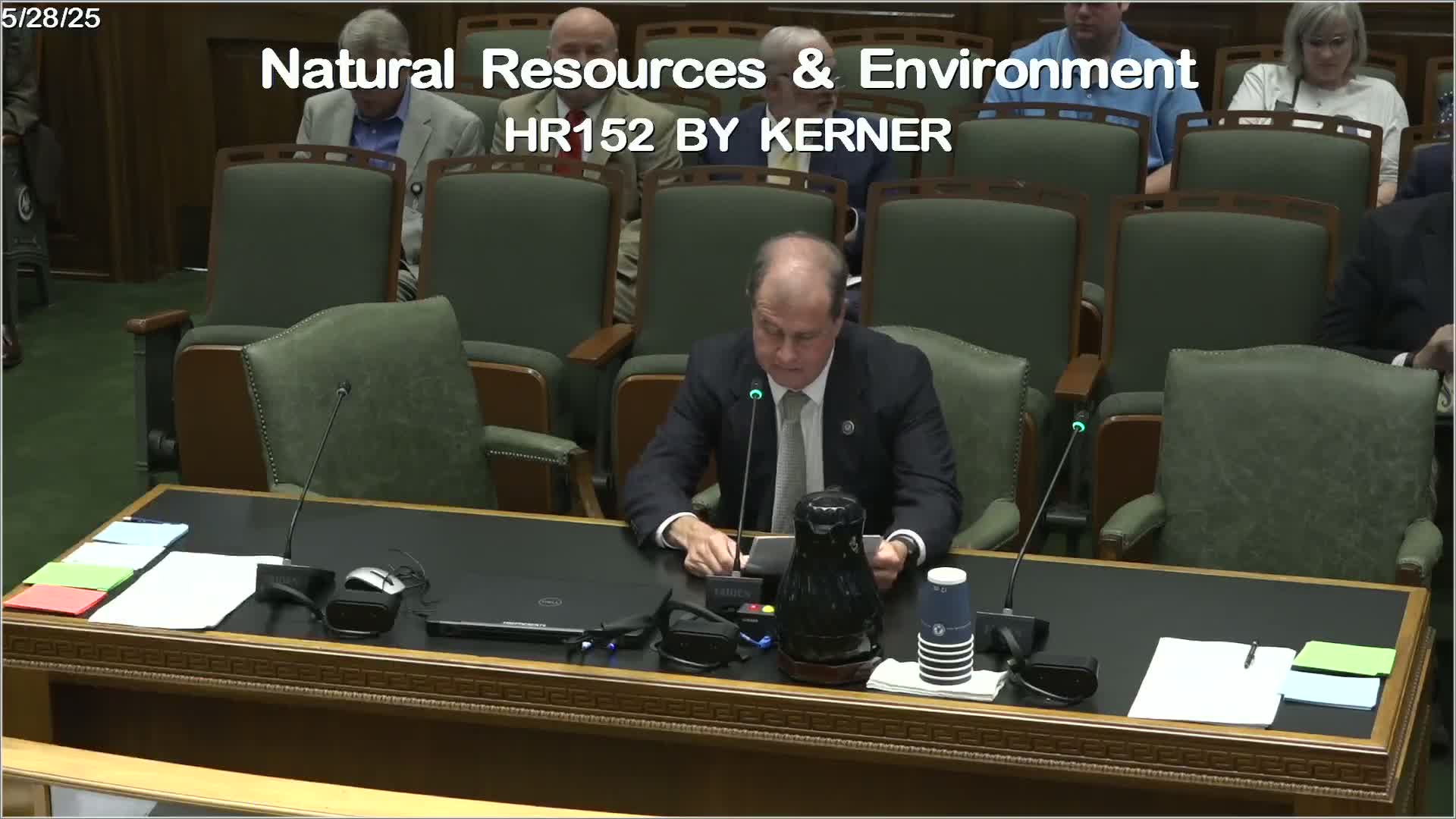
House panel backs resolution urging study of nuclear energy benefits
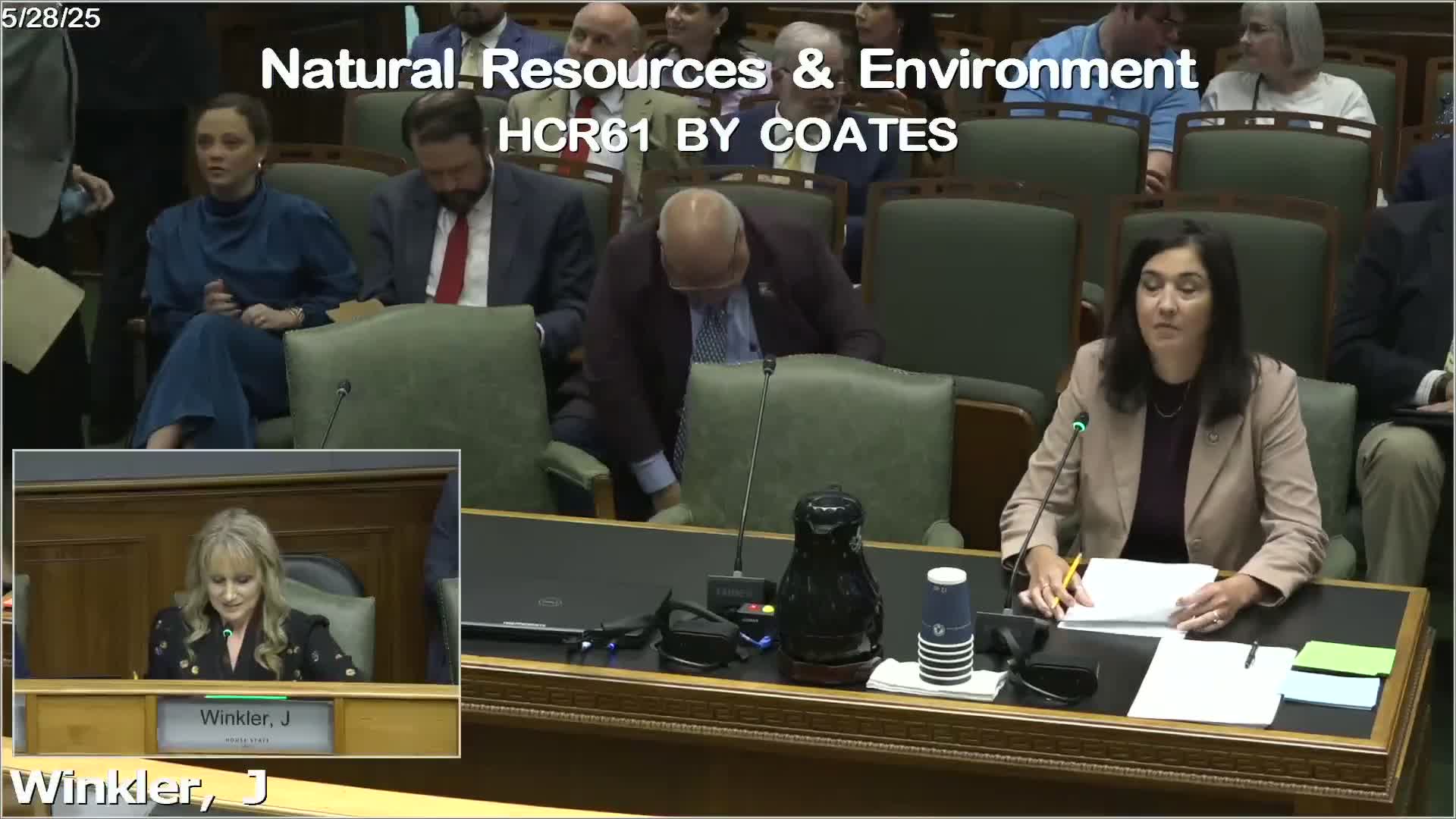
House panel approves task force to study water planning for data centers
